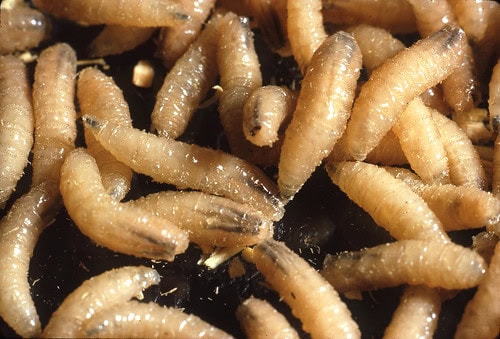Illegal cattle ranching in Central America has triggered a resurgence of the screwworm, a deadly parasite once considered eradicated. Experts warn that stricter controls are essential to prevent its spread to Mexico and the United States.
The New World screwworm, the larvae of a fly that infects warm-blooded animals, thrives due to livestock trafficking through protected areas. These parasites lay eggs in open wounds of animals, with larvae feeding on living tissue until the host dies—a crisis for agribusiness and livestock exports.
A U.S.-led campaign in the 1980s and 1990s eradicated screwworms from Central America and Mexico. However, the fly unexpectedly reappeared last year in Panama. Experts believe it traveled from South America through the dense Darién Gap jungle, which served as a natural barrier for nearly 30 years.
Costa Rica has not been spared. This year, a surge in screwworm cases has affected cattle, domestic animals, and even humans. Fatalities have been reported by the Ministry of Health. After spreading to Costa Rica, the parasite proliferated in Nicaragua, then quickly reached Honduras and Guatemala. Experts fear it may soon invade Mexico, complicating containment efforts.
“The consequences of this pest would be catastrophic for productivity and international trade,” warned the National Confederation of Livestock Organizations. Illegal cattle trafficking, closely linked to screwworm outbreaks, often cuts through protected forests. Deforestation caused by ranching overlaps with outbreak hotspots, according to conservation group WCS.
WCS and others hope that the economic threat posed by the screwworm will pressure governments into stricter livestock regulations, enhancing the conservation of protected areas. Criminal groups, including drug traffickers, exploit illegal ranching to launder money, clearing forests for grazing and blending untreated cattle with legal herds.
To curb the spread, governments plan to release sterile male flies to suppress reproduction. Conservationists, however, stress that stronger measures are needed to halt illegal ranching and secure borders, addressing the root cause of the screwworm crisis.






